Lily Gladstone is opening up about Native American misrepresentation.

Lily, who is of Siksikaitsitapi and Nimiipuu heritage, recently made history as the first Native American person — and fourth Indigenous person — to be nominated for an Academy Award, for her incredible performance in Killers of the Flower Moon.
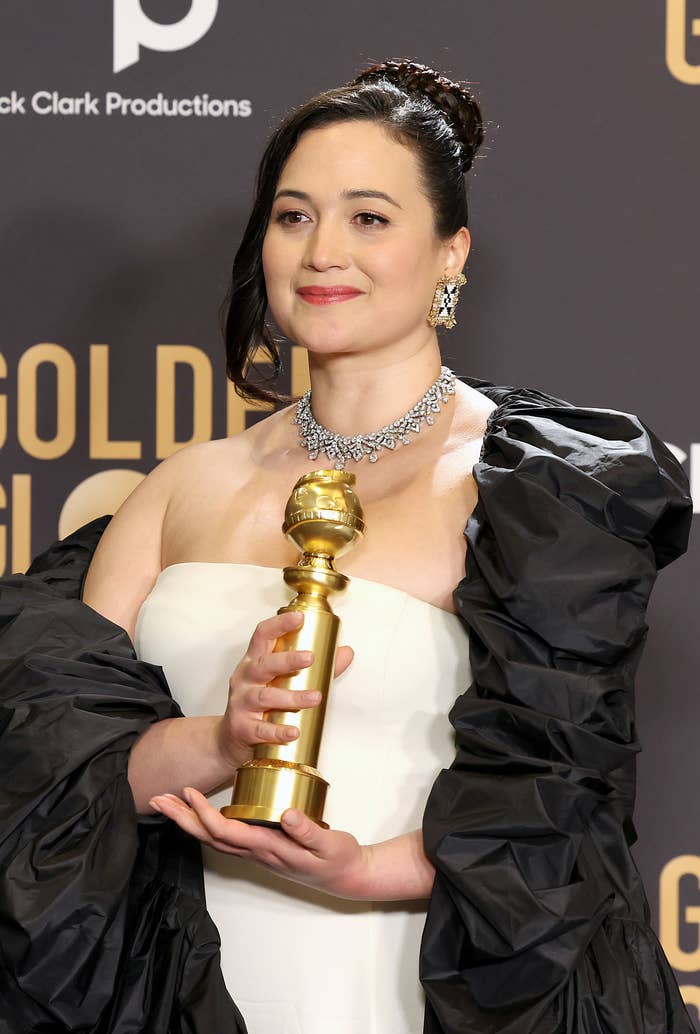
The actor also recently became the first Indigenous person to win a Golden Globe Award for Best Actress in a Motion Picture for the same role, and delivered part of her acceptance speech in the Blackfoot language. Lily, who uses she/they pronouns, grew up on the Blackfeet Nation reservation in Montana, and her Native American heritage massively influenced Killers of the Flower Moon.
Lily’s historic Golden Globe win and Academy Award nomination received heaps of praise from fans and celebrities, with their costar and close friend Leonardo DiCaprio being one of the most vocal with his support.
Speaking about her milestones at the Santa Barbara International Film Festival's Virtuosos Awards on Saturday, Lily described the entire thing as “long overdue,” noting that “some of the first filmmakers” and “the first film footage was shot by Native people documenting our way of life.”
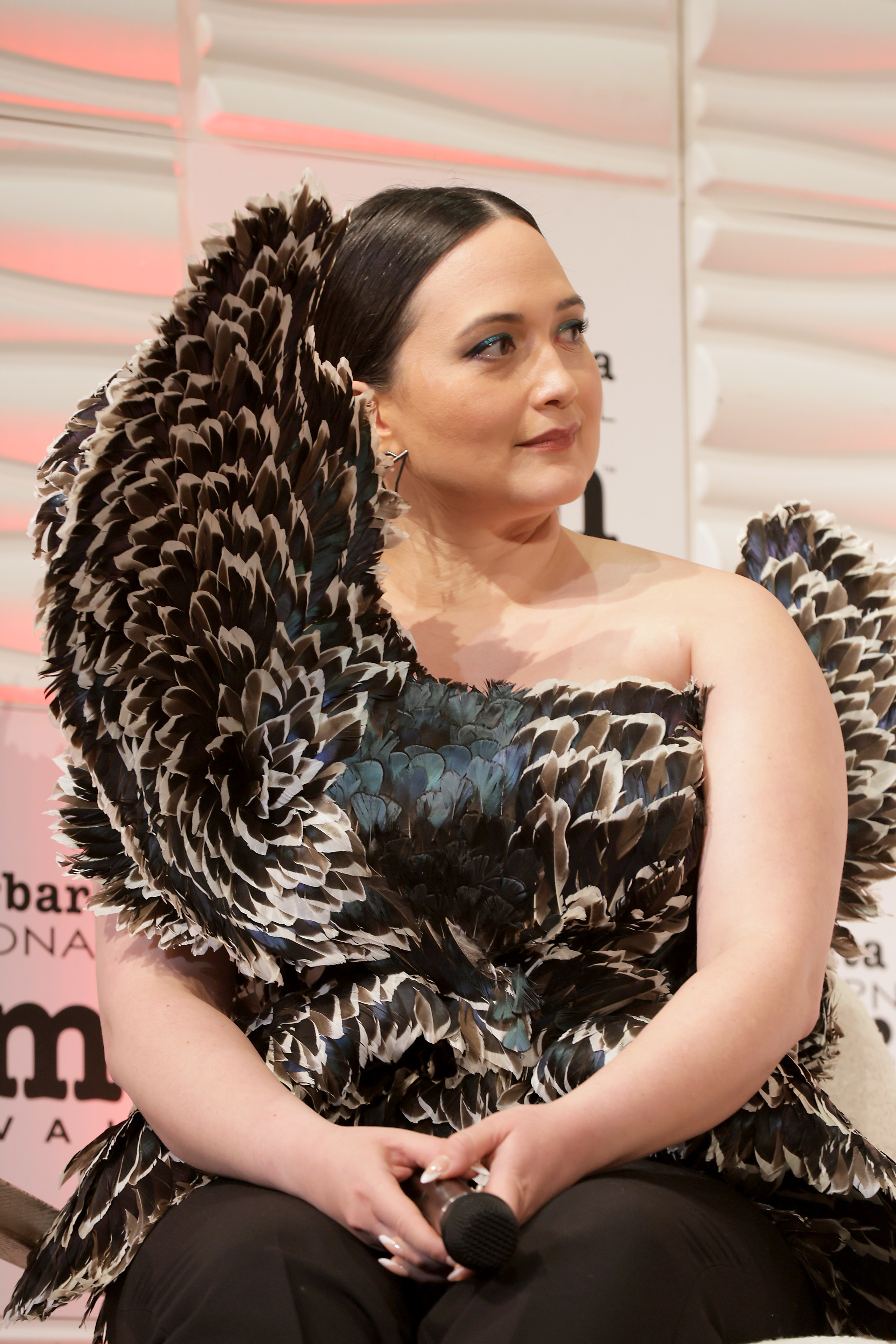
Lily went on to say, “But that's a lot of history and a lot of years of exclusion or misrepresentation,” before referencing this year's Super Bowl, which took place Sunday.
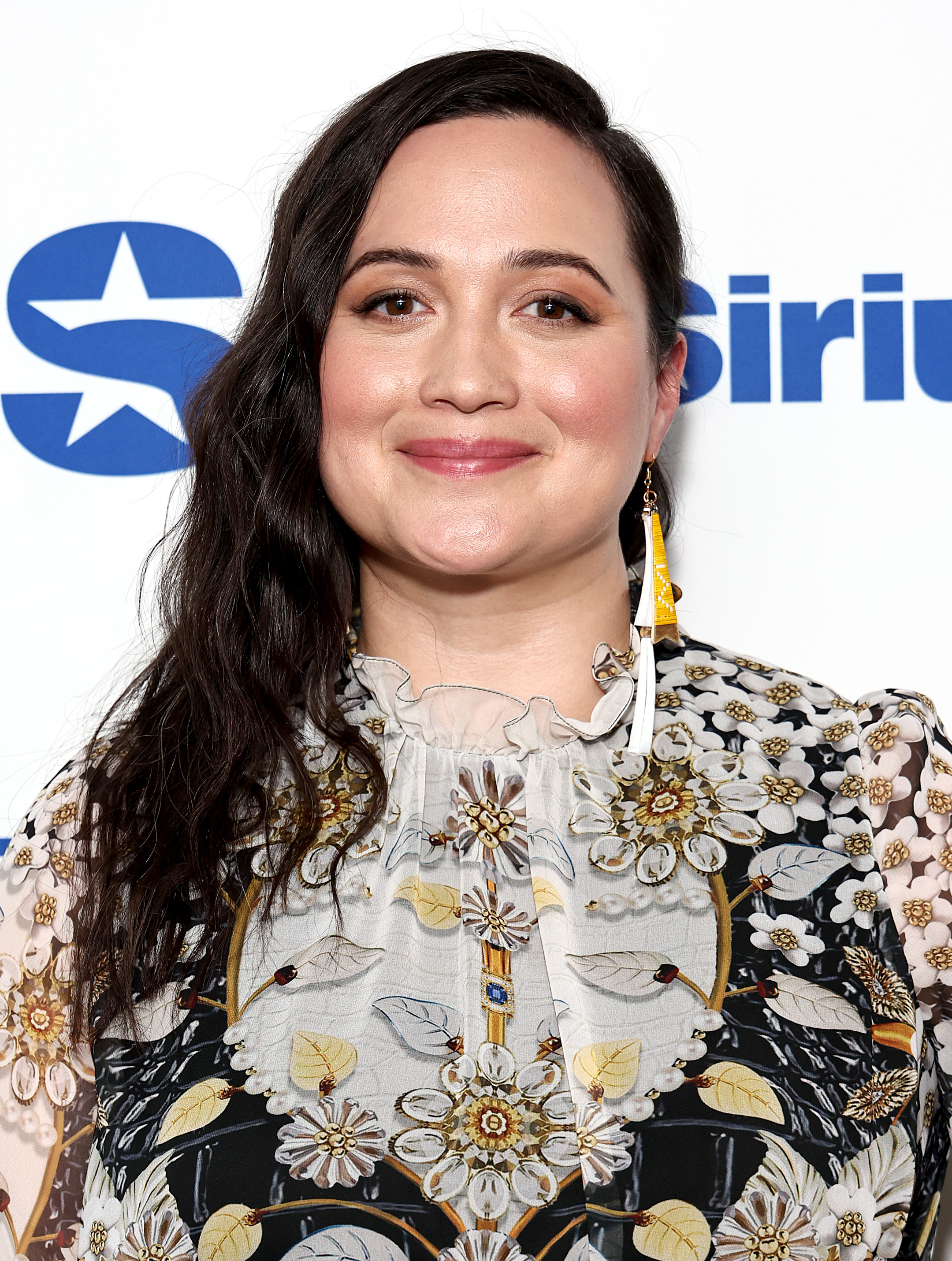
“I mean, Super Bowl's tomorrow. We haven't come that far, if we look at one of the teams that’s playing,” she said.
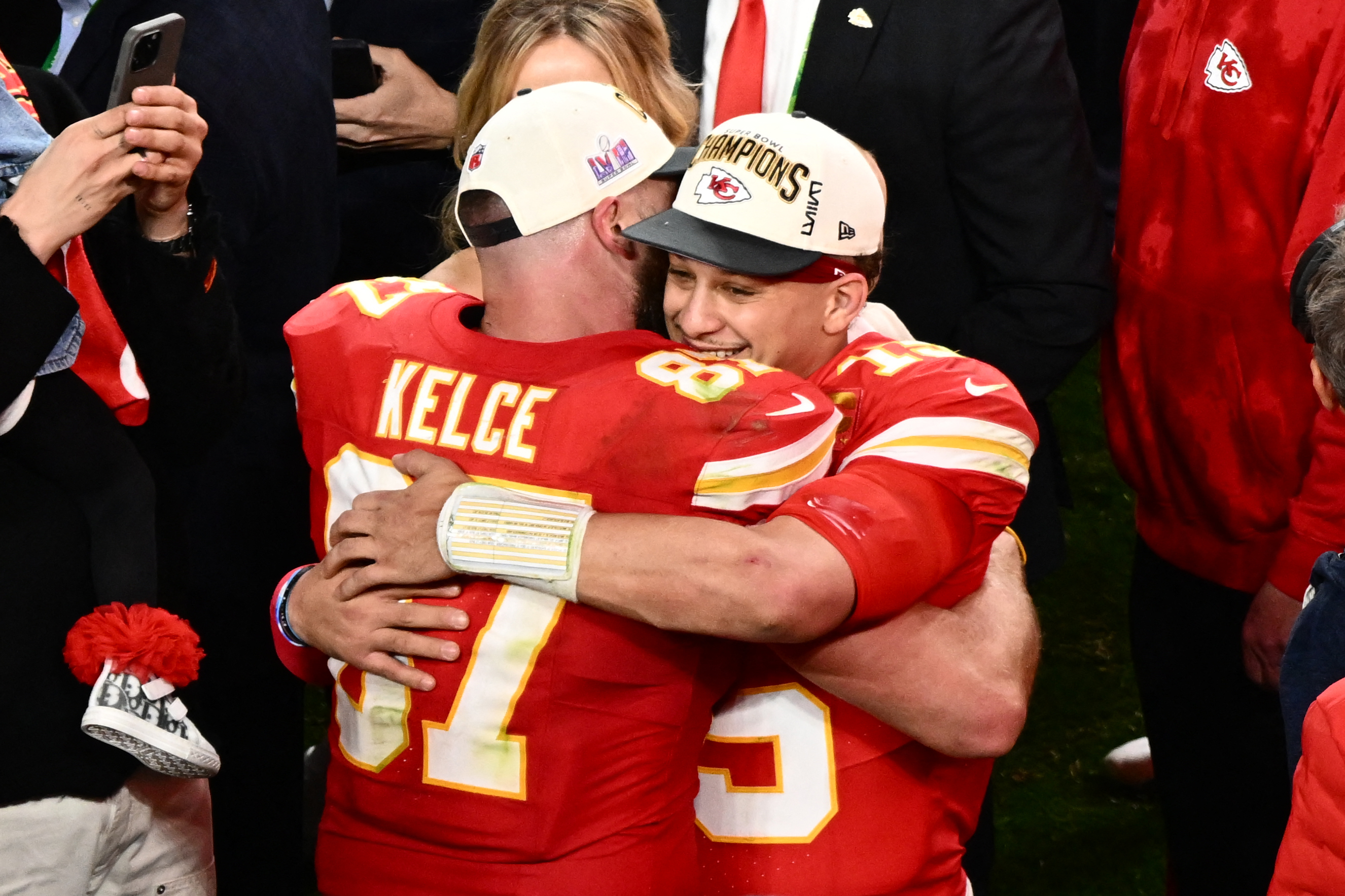
While Lily didn’t name-check any specific football team, it’s likely that they were referring to the Kansas City Chiefs, who wound up winning the game against the San Francisco 49ers.
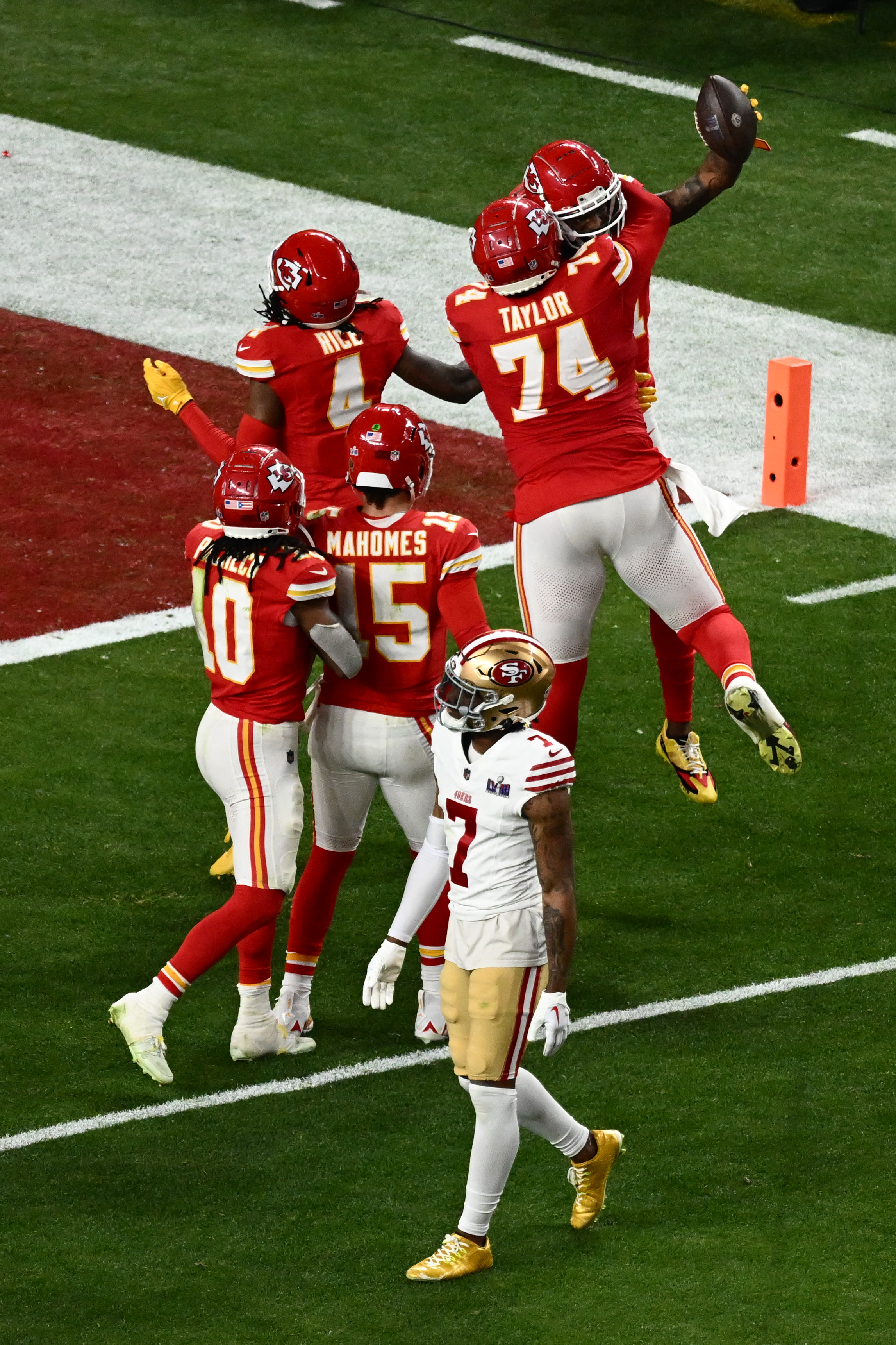
If you didn’t know, the Chiefs have long faced scrutiny over their name, arrowhead logo, and “tomahawk chop” gesture and chant, which many Native Americans have said devalues Native traditions and perpetuates racist stereotypes.
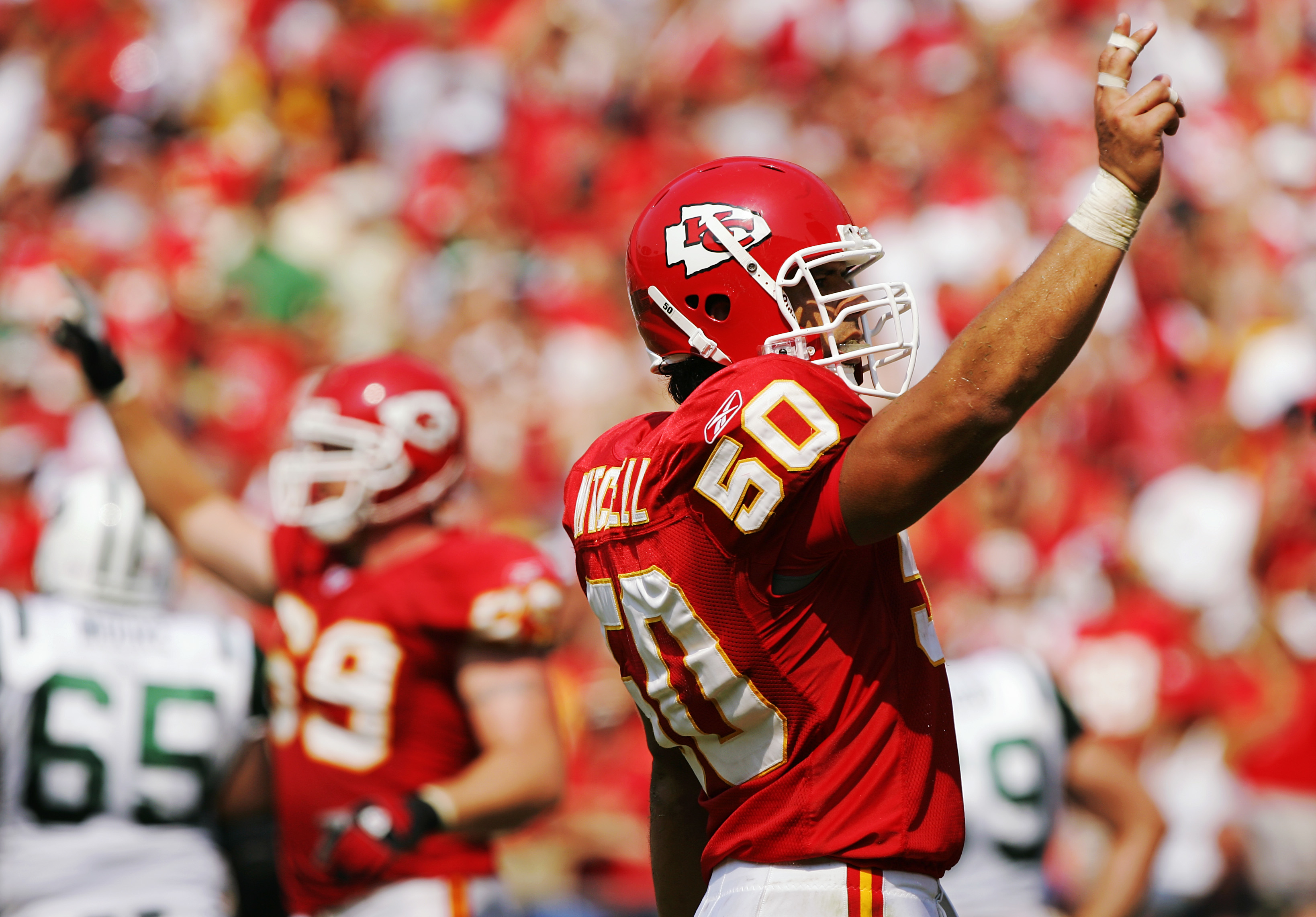
Despite the fact that the Chiefs historically have no real connection to the Native American community, much of their early means of promotion involved not just the appropriation of Native American culture but also the depiction of Native American people in a mocking and insensitive fashion — from their logo to their “tomahawk” war chant.
And while the Chiefs have “worked to eliminate” their use of offensive imagery, such as by banning fans from wearing fake headdresses and face paint at their home games back in 2020, there are still several aspects of their team’s brand that people find offensive.
For one, the Chiefs famously use a large drum to kick off their home games and have their fans perform what’s known as the “tomahawk chop” chant. This involves mimicking the swinging of a battle axe native to several Indigenous tribes while cheering in a way that resembles a Native American war chant.
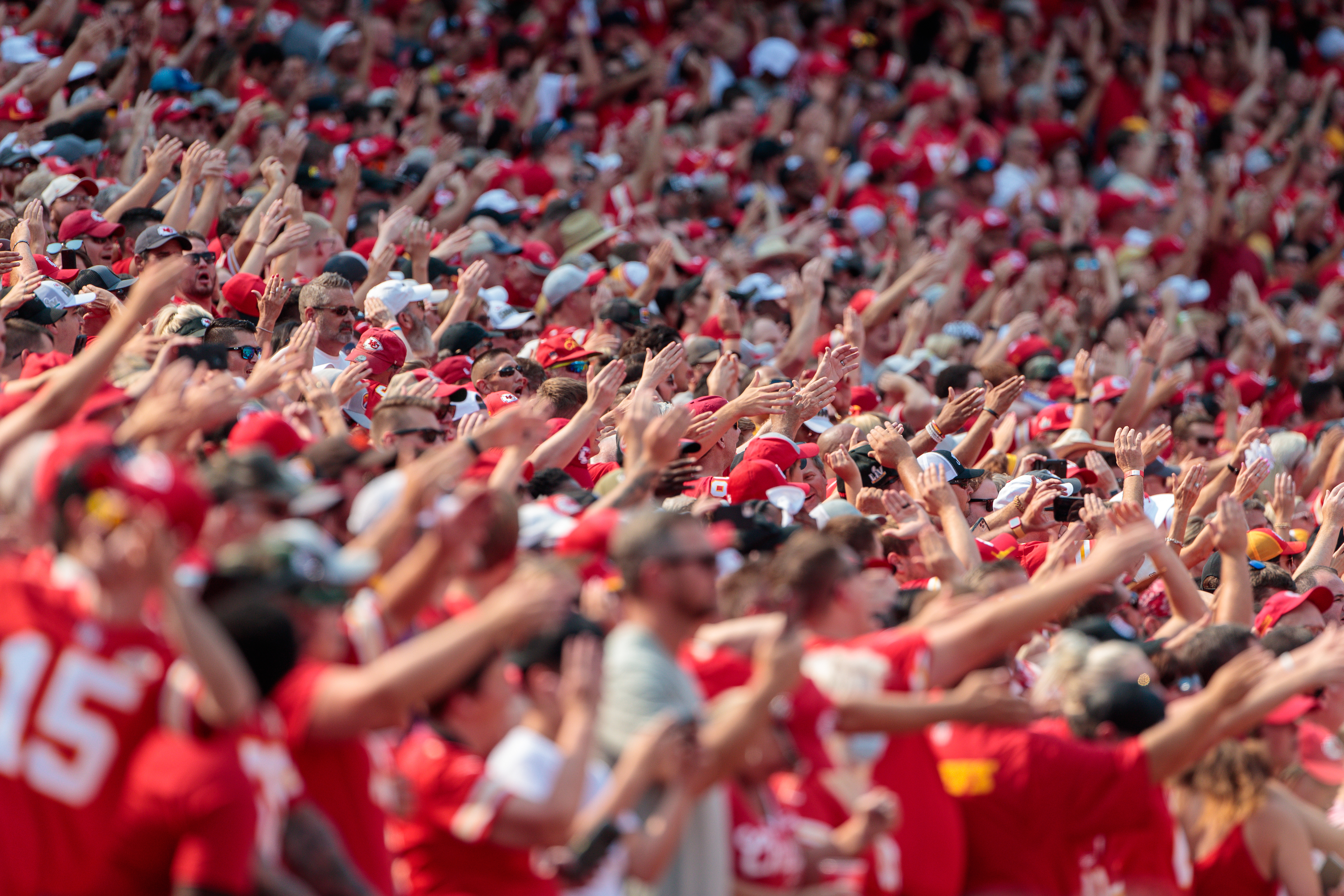
This has long been deemed offensive by Native American people, with the National Congress of American Indians calling out MLB and the Atlanta Braves for the same appropriation in a statement shared in 2021. “Native people are not mascots, and degrading rituals like the ‘tomahawk chop’ that dehumanize and harm us have no place in American society,” the statement read.
As mentioned, the Chiefs banned fans from wearing fake headdresses and using face paint that appropriated “American Indian cultures and traditions” at their home stadium back in 2020 — although many fans still do so. The following year, in 2021, the Chiefs retired their mascot, which was a horse named Warpaint that a cheerleader rode whenever they scored a touchdown.
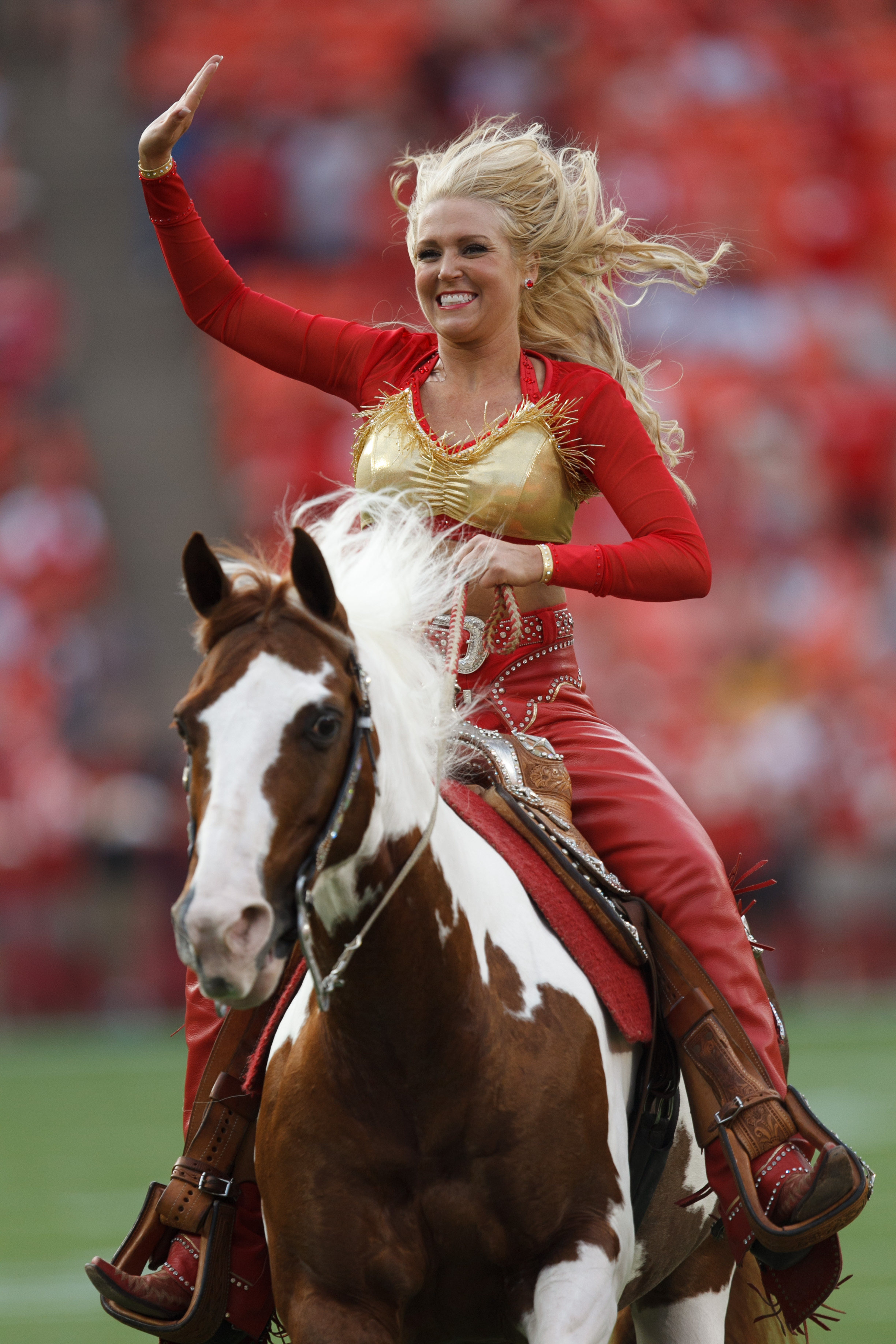
Months before the Chiefs banned fans from wearing fake headdresses and face paint, a separate NFL team rebranded as the Commanders. It was previously named after a word that has historically been used as a slur against Native Americans.
Fans have also urged the team to change its name, which was apparently coined in reference to then–Kansas City, Missouri, mayor H. Roe Bartle, nicknamed "Chief,” who created a Boy Scouts group that dressed in Native-themed attire and wore face paint. Although Bartle was not Native American, he claimed that he was “inducted into a local [tribe] of the Arapaho people.”
